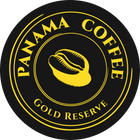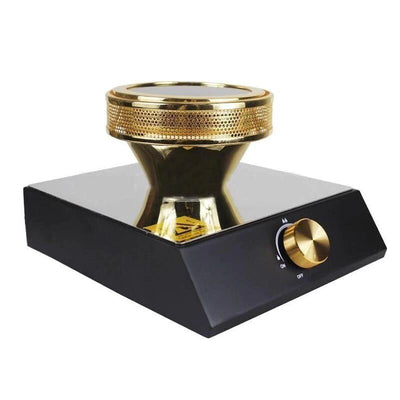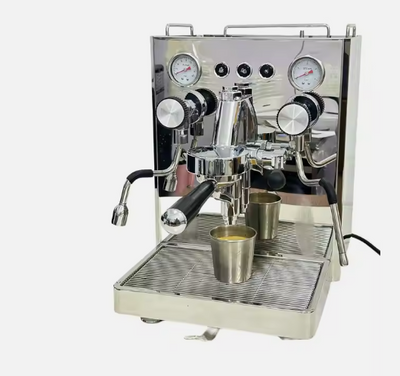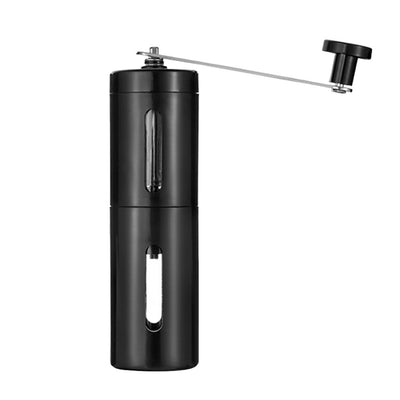THE BEST COFFEE BEANS IN THE WORLD

Thanks to their unique and complex flavors profiles, geisha plants also produce some of the best coffee beans and therefore the best coffee in the world. It will likely come as no surprise that the geisha variety – and Panamanian geisha coffee in particular – frequently shows up at the World Barista Championship.
Most people have a fascination with the extreme. And personally, I can’t blame them.
I also want to know which building is the tallest in the world, and what kind of chili pepper is the spiciest.
Unfortunately, the reality is often way more complex than your average internet clickbait site will have you believe.
Still, I think it’s possible to find the answer to the question everybody has pondered sooner or later:
What is really the best coffee in the world?
In this article, I’ll dive into that rabbit hole. And I will come back up to the surface equipped with plenty of statistics to back up my claims.
Have you ever heard the term ‘coffee geek’? Well, this post is not for those vanilla guys.
This is for the ‘coffee aspire’.
If you want to know what the best coffee bean in the world truly is then read on. Below is the TL;DR version. Read on, for the full analysis.
No matter how you analyze it, the rare Geisha bean from Panama comes out on top.
Panama Geisha is most frequently used among winners of the World Brewers Cup.
The rare Geisha beans are also consistently the most expensive coffee at auctions.
THE GEISHA REVOLUTION
Hacienda La Esmeralda is a farm whose history is interwoven with the varietal Geisha.
Geisha was initially found in the Ethiopian forest region of Gesha (sic). In the 1930’s, it had been brought to Kenya and Tanzania to grow more disease-resistant crops. In the 1950’s it arrived in Costa Rica and, a decade later, in Panama. You can read the whole story about Geisha coffee here.
In its new surroundings, however, the plant was quickly forgotten and lived in obscurity for years. That changed in 2004 when the family owning Hacienda La Esmeralda in Panama re-discovered the varietal by coincidence.
The second estate worth mentioning is Ninety Plus, which is also based in Panama (the company also sources in Ethiopia). The name refers to the high scores the coffees are supposed to achieve at the cupping table.
Ninety Plus has made a brand name for itself by supplying coffee to a range of recent World Brewers Cup winners.







